The Talent Lie: Why “Grit” is the Real Key to Your Success

Introduction: The Myth of the “Natural”
Have you ever looked at a peak performer—a virtuoso musician, a star athlete, a brilliant CEO—and thought, “Wow, they’re just a natural”?
We love the myth of the prodigy, the idea that some people are simply born with a special spark of genius. This story is comforting; it absolves us of responsibility. But what if that story is wrong? What if it’s not just wrong, but actively holding you back from achieving your most ambitious goals?
In 2016, psychologist Angela Duckworth dropped a bombshell on the world of success literature with her groundbreaking book, “Grit: The Power of Passion and Perseverance.” Drawing on years of research, Duckworth presented a powerful new thesis: high achievement is not about talent. It’s about Grit.
This is a deep dive into the heart of Duckworth’s research. Prepare to unlearn everything you thought you knew about what it takes to succeed. The secret isn’t in your genes; it’s in your grasp.
Part 1: Deconstructing Grit — What Is It, Really?
Duckworth gives grit a precise, two-part definition that forms the foundation of her theory.
“Grit is passion and perseverance for very long-term goals. Grit is having stamina. Grit is sticking with your future, day in, day out… Grit is living life like it’s a marathon, not a sprint.”
Grit isn’t just about hard work. It’s the potent combination of two essential ingredients:
- Passion: Not fleeting excitement, but a deep, enduring, and loyal commitment to a specific top-level goal. It’s the compass that provides unwavering direction for years.
- Perseverance: This is resilience, tenacity, and hard work. It’s the ability to get knocked down by failure, frustration, and boredom, and to get back up again and again.
The Grit Equation: Why Effort Counts Twice
To understand why grit is more important than talent, understand Duckworth’s two simple equations:
- Talent x Effort = Skill
- Skill x Effort = Achievement
This is the mathematical proof behind grit. Talent is a factor, but effort is the supreme multiplier. It transforms talent into skill, and it transforms skill into achievement. This realization is liberating: your potential is not fixed at birth.
Part 2: The Myth of Talent and the Power of a Growth Mindset
Our culture is obsessed with talent. We call people “gifted” or “naturals.” Duckworth argues this is a dangerous bias. When we focus on talent, we implicitly downplay the role of everything else—the struggle, the practice, the setbacks, and the years of unseen work.
This talent bias creates a destructive feedback loop: we see high achievers, label them “talented,” overlook their effort, and then when we face our own struggles, we conclude we lack talent and give up.
Grit and a Growth Mindset
You cannot discuss grit without mentioning Stanford psychologist Carol Dweck’s theory of mindset. A growth mindset—the belief that abilities can be developed through dedication and hard work—is a prerequisite for grit. You cannot persevere through years of struggle if you believe struggle means you’re not cut out for it.
Part 3: Growing Grit from the Inside Out — The Four Psychological Assets
Duckworth doesn’t just describe grit; she provides a blueprint for how to cultivate it. These are not innate traits; they are assets you can develop.

Asset 1: Interest (The Fuel of Passion)
You can’t be gritty about something you hate. Passion begins with a genuine, intrinsic interest. But this interest isn’t usually discovered in a dramatic revelation; it’s a process of discovery and development. Give yourself permission to explore and sample new things. When something sparks curiosity, dig deeper. Once you find a promising interest, stick with it long enough to get past the superficial level.
Asset 2: Practice (The Engine of Perseverance)
Passion without practice is just a daydream. Gritty people engage in Deliberate Practice. This is focused, effortful practice designed to stretch you just beyond your current abilities. It requires a clearly defined goal, full concentration, immediate feedback, and a cycle of repetition and refinement.
Asset 3: Purpose (The North Star of Passion)
Interest is self-oriented; purpose is other-oriented. It’s the conviction that your work matters to people other than yourself. Purpose transforms a job into a calling and is the ultimate fuel for long-term passion. It answers, “Why am I doing this?” and reminds you that your struggle has meaning.
Asset 4: Hope (The Guardian of Perseverance)
This isn’t passive wishing; it’s an active, resilient hope tied directly to a growth mindset. It’s the belief that your future isn’t determined by circumstances, but by your own efforts. This hope gets you through slumps and plateaus, whispering, “Keep going. Try a different strategy. I can figure this out.”
Part 4: Growing Grit from the Outside In — The Power of Culture
Grit isn’t a purely solitary pursuit. Your environment—your family, team, company—can profoundly impact your personal grit. You can grow grit by surrounding yourself with gritty people and being part of a gritty culture.
The Hard Thing Rule
One of the most practical takeaways is Duckworth’s “Hard Thing Rule,” which she uses in her own family. It has three parts:
- Everyone in the family must do a “hard thing” requiring daily deliberate practice.
- You can quit, but not mid-season. You must see your commitment through to a natural endpoint.
- You pick your own hard thing, which grants autonomy and drives intrinsic interest.
Part 5: The Nuances and Criticisms — Is Grit Always Good?
A deep dive wouldn’t be complete without acknowledging important critiques. Grit theory is powerful, but not a silver bullet.
- The Danger of “Grit-Washing”: The concept of grit can be used to blame individuals for systemic failures. Telling a child in an underfunded school to “be grittier” ignores massive structural disadvantages. Grit is not a substitute for equity and opportunity.
- When is it Okay to Quit?: Can you have too much grit? It’s often smart to quit a particular strategy (low-level goal) that isn’t working to find a better path toward your ultimate concern (high-level goal). “Wise quitting” is a skill.
Your Personal Grit Playbook: A 10-Step Action Plan
- Define Your Ultimate Concern: What is your top-level goal that guides your life?
- Adopt a Growth Mindset: Reframe “I can’t do it” to “I can’t do it yet.”
- Implement the Hard Thing Rule: Choose one “hard thing” and practice it deliberately.
- Find Your Interest: Schedule time for exploration and try new things.
- Identify a Stretch Goal: Pinpoint one tiny aspect of your hard thing to improve this week.
- Create a Feedback Loop: Get objective feedback via a coach, recording, or data.
- Connect to Purpose: Reframe your daily work in terms of how it helps others.
- Build Your Hope: At the end of each day, write down one thing you learned from a struggle.
- Curate Your Culture: Spend more time with people who inspire you with their effort.
- Live Like a Marathoner: When overwhelmed, focus on the next small, consistent step.
Conclusion: The Power is in Your Effort
“Grit” is more than a book; it’s a paradigm shift. It’s a liberating, empowering message that dismantles the myth of innate talent and places the power to achieve squarely in our own hands.
Success is not a lottery or a gift to a lucky few. It is a formula, and the most important variable is effort. Effort, fueled by passion and guided by purpose. Effort, sustained by perseverance and buoyed by hope.
The journey will be long, filled with struggle, frustration, and failure. But as Angela Duckworth powerfully shows, the willingness to embrace that struggle—to live life like a marathon—is the single greatest predictor of who will ultimately cross the finish line.
The question is no longer, “Do I have the talent?” The real question is, “Do I have the grit?” And the beautiful answer is, you can start building it today.
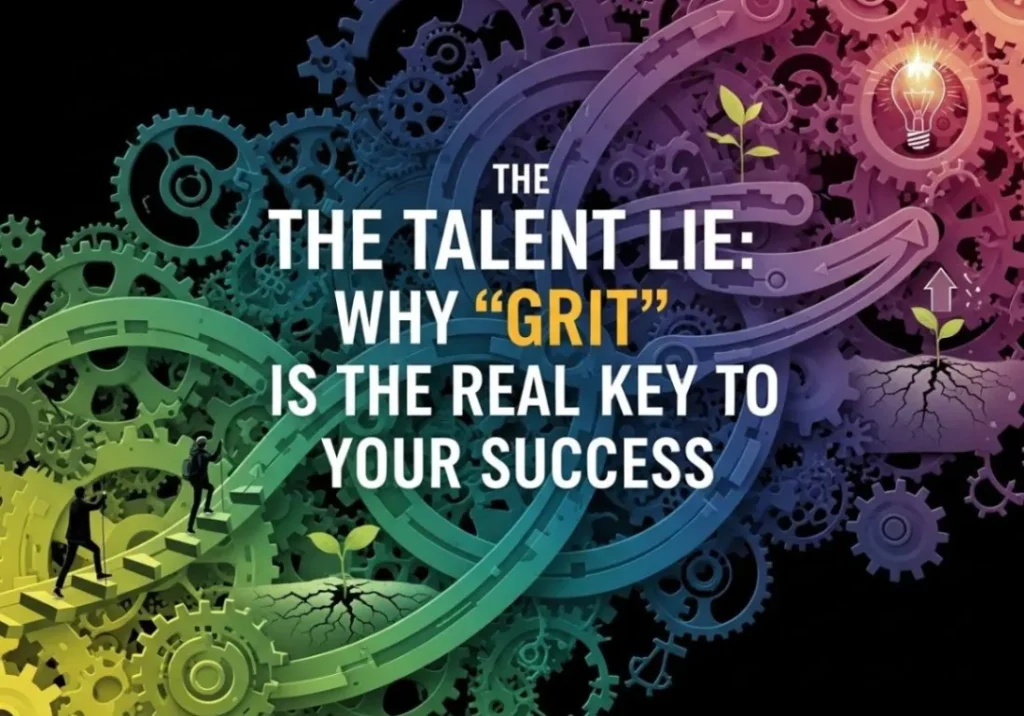
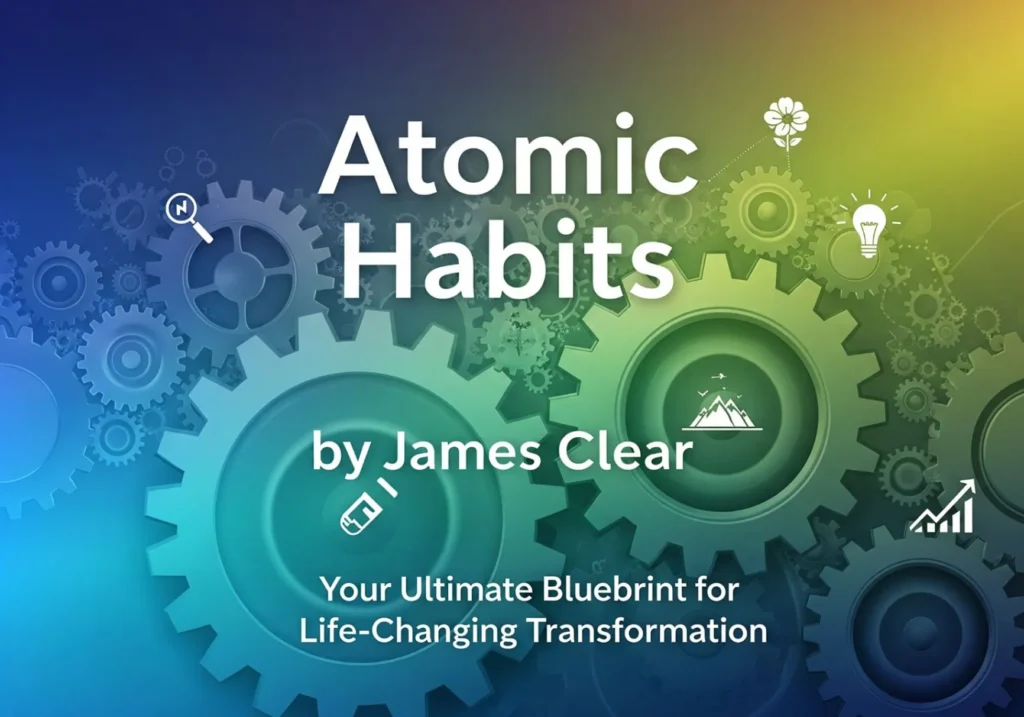
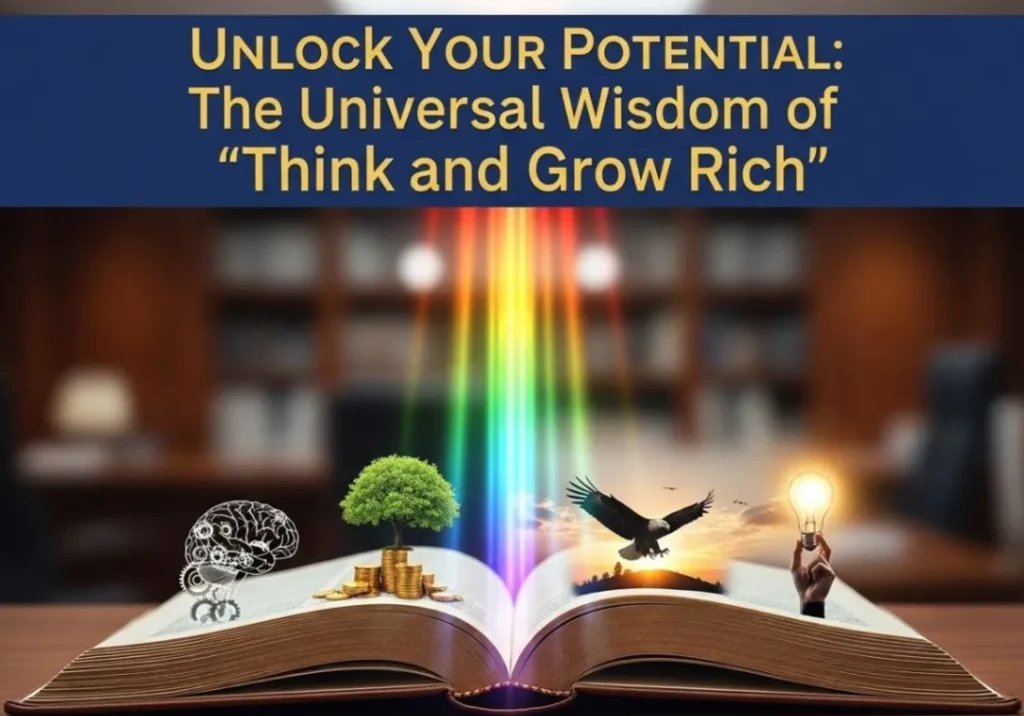
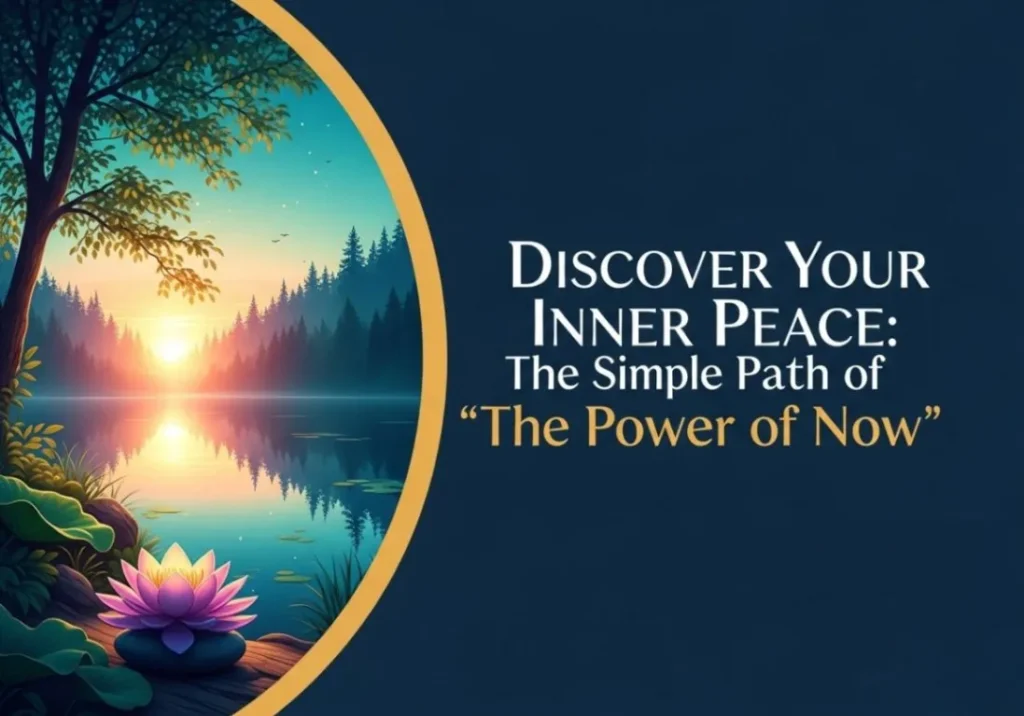
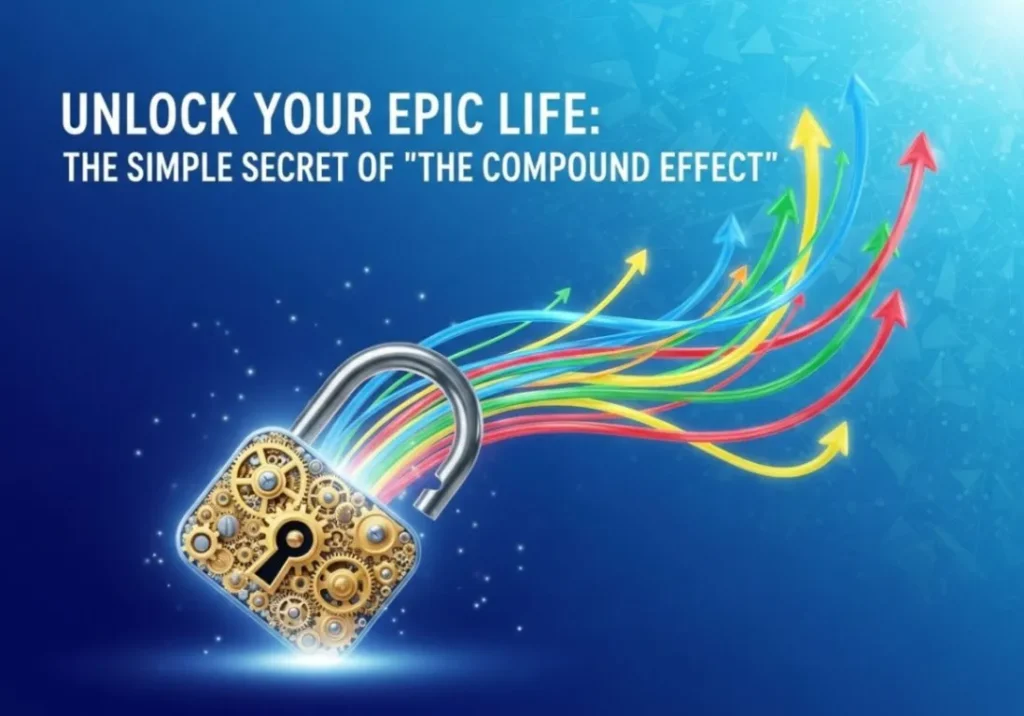
Let’s Discuss!
Which of the four psychological assets of grit—Interest, Practice, Purpose, or Hope—do you find most challenging to cultivate? Share your experience in the comments below!